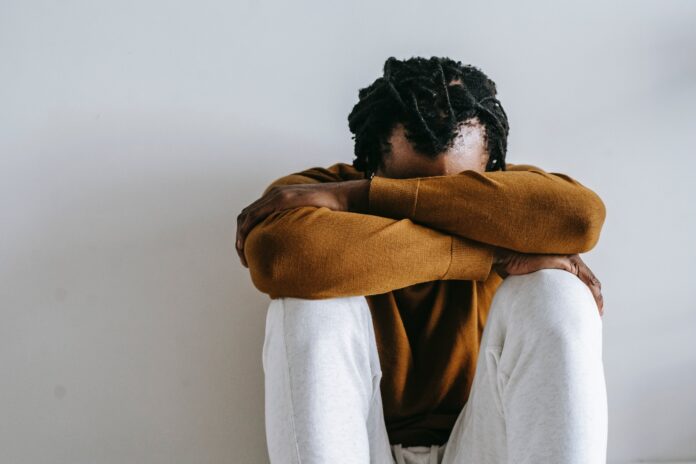
Standing over the body of Deanta Dorsey, shot and killed on Jan. 4 in Baltimore, the friends he made in his short lifetime could only weep. Roughly a dozen children held each other up at his casket as the true tragedy of the teen’s death came into sharp focus: these kids were another generation traumatized by youth violence.
The increase in shootings and violent altercations amongst teens and even children has significantly impacted large cities and small towns alike, leaving behind young people who express their grief through memorials, songs and social media posts. Though they have survived, they are victims–left with the responsibility of upholding the memories and saying the names of too many friends and loved ones.
“For kids, your focus and your life is about your friends. You’re focused on your future, having fun. You’re figuring out who you are, who you wanna be,” Andrea Young, Ph.D, told the AFRO.
“You’re just being a kid and death is not really at the forefront of your mind. So when a peer or friend is lost to a violent act it’s a heavy blow.”
Young currently works as a clinical child psychiatrist and assistant professor at John Hopkins University. She noted that when youth are grieving the death of a peer, it can be very similar to losing a relative.
“There can be a lot of similarities depending on the relationship the child had with the friend. If it was a really close friend, then it might not feel that different from losing a family member. It might be just as intense,” noted Young.
Carter Robinson, a senior at Fort Hayes Arts and Academics High School in Columbus, Ohio, is heavily involved in his community. In 2021 one of his classmates, 16-year-old Olivia Kurtz, was shot to death at a party in a public park. Robinson said that hearing about her death was a disturbing and traumatic event that left students unsure of how to carry on.
Read related article: Guns Are the Biggest Public Health Threat Kids Face.
“Hearing something like that happen, how do you even console another person?” quipped the 18-year-old. “In my experience I didn’t want to ask questions. Asking around could be misinterpreted and it was still a very touchy subject– especially still going to school with her twin sister.”
Navigating the aftermath of a death – even of a distant relative or past acquaintance– can be difficult, but it’s especially hard for young people for a multitude of reasons.
Hospice of the Chesapeake (HOC) at the Chesapeake Center has an annual camp focused on this very issue. Camp Nabi has been in operation since 1982 and is centered around helping youth deal with death and the grieving process that follows it.
“The camp is kind of a result of seeing that there is such a large need –not just in hospice– but in the community, where children [need] a safe space to grieve, learn coping skills, connect with peers who are going through similar experiences and provide some healing,” expressed Sarah Kernan.
In her time as a bereavement counselor at HOC and a licensed clinical social worker in the Baltimore area, Kernan has seen a lot of youth deal with loss all the while not knowing how to actually grieve.
“The whole point is to put a name to their experience. To help them understand that they are grieving and that this is a specific experience. It’s not just sadness, it’s not just anger, it’s not just depression, it can be a bunch of different emotions. Grief is a lifelong journey but you can navigate it in a healthy way.”
The national increase in youth violence seems to be inevitability affecting our young people regardless of location and upbringing. Now more than ever, our youth are in need of support from the adults in their life.
The weekend-long camp uses a series of traditional camp activities, along with support groups and emotional stimulating programs to help youth deal with their grief. The camp is for children ages 6 to 18 and will be held Aug. 4 to 6.
“I think the most important thing is to be present and to be here for them. Make sure they have access to supportive adults,” said Young. “Ask them how they are and monitor them. Children are remarkably resilient, but that doesn’t mean that this kind of thing isn’t hard.”


